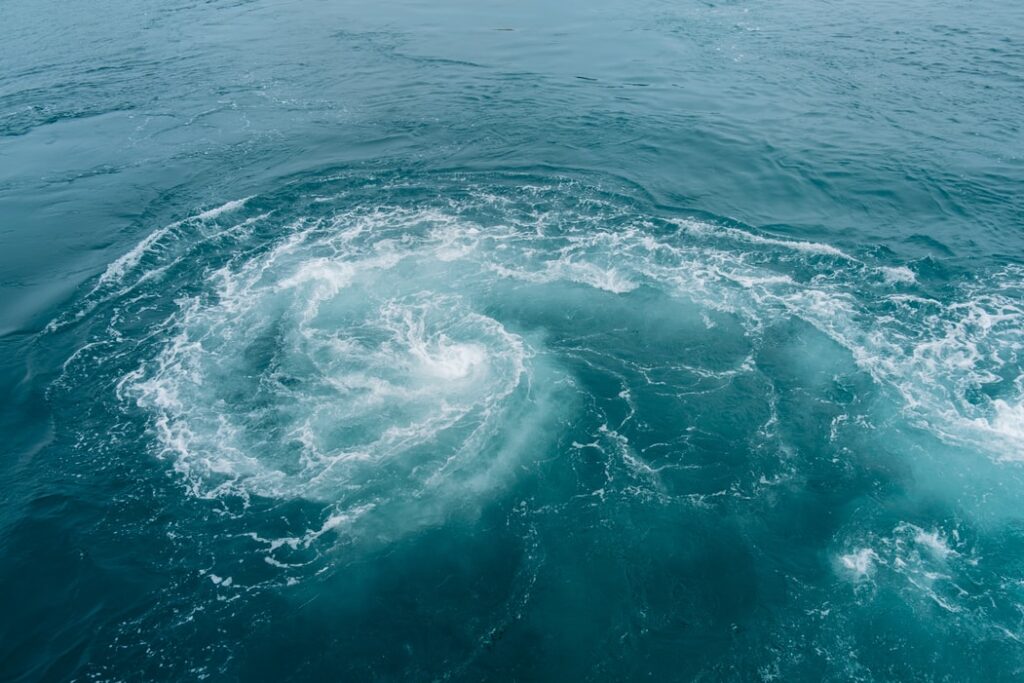This week Ottawa joined cities around the world in proclaiming trendy “climate emergencies” that enable them to leap into committee about how to stop CO2 from coming out of our tailpipes, chimneys and lungs. Then a real emergency hit, one where something bad actually happens, namely floodwaters rising and threatening people’s homes and even their lives. Which will probably get blamed on climate change when the real culprit is more than half a century of poor urban water management as hard concrete and asphalt surfaces replace absorbent soil. Since Environment and Climate Change Canada confirms that it doesn’t rain harder than it used to, city councils should spend less time virtue-signaling and more time doing their jobs properly.
The flooding in eastern Canada is a serious matter. Not serious by the standards of a poor country hit with hurricanes and floods; prosperity gives powerful protection against natural disasters. And Canadians know how to rally to one another’s aid when a crisis hits. But people are losing possessions, some homes are being damaged or even ruined, and in Pontiac, Quebec, a woman was killed when her car was washed into a flooded sinkhole.
Even worse, at time of writing, was the threatened collapse of the Chute Bell dam west of Montreal. With typical bureaucratic self-conceit, a senior Hydro-Quebec official “told reporters the dam at Chute Bell was built to withstand what he called a millennial flood. ‘That means a flood that happens every 1,000 years,’ he said. Hydro workers discovered earlier in the day the millennial level of water had been reached.” Arguably the utility made a poor estimate of what constitutes a millennial flood… and of when an apology rather than a boast might be in order.
It is also arguable that climate forecasting is not an exact science if Hydro-Quebec convinced itself that this spring’s water levels should not come along for centuries. (And while the dam was constructed in 1915 it was upgraded as recently as 1999 before being shut down a decade later.) Even those who say climate change is making flooding way worse, along with droughts, fires, frost, wind and rain ought surely to have built those things into their forecasts of what weather to expect.
Still, at least the city declared an emergency before declaring an emergency. So now it will do what cities do that declare climate emergencies, which is… well, let’s look at the record.
The National Post story about Ottawa declaring a climate emergency says, “Matt Renner, deputy director of the Climate Mobilization Project, a U.S. organization pushing for a “World War II-scale” effort to fight climate change, told the Post there are now more than 450 communities worldwide that have declared climate emergencies, representing roughly 40 million people.” Wow. So what happened?
Talk happened. “Declaring a climate emergency doesn’t require any specific actions — individual cities can take whatever steps they choose to reduce emissions. This means, of course, that a declaration can mean whatever a community wants it to mean — or, presumably, it can mean nothing at all.” But it’s all worthwhile, not a bunch of pompous posturing like actress Emma Thompson flying over 5000 miles to join a protest against air travel. Or Jeremy Corbyn trying to get the UK to be the first nation to declare a national climate emergency and perhaps get Extinction Rebellion unglued from his house in the process.
See, the Post continues, “Renner said the goal of a climate emergency declaration is to create a sense of urgency about making cities carbon-neutral. There are different ways they can get there, in part by retrofitting buildings, improving public transit and promoting local food production. But Renner said treating climate change as an emergency changes the way people think about it. “People have a different mode of functioning when they move into emergency mode,” he said. “It’s a way to focus the mind.””
So is having rivers overflowing, people drowning or at risk of it and dams bulging ominously. That sort of thing focuses the mind on the difference between a real and a rhetorical emergency. For those with a mind to focus.



Thank you for this article.
Here's another example of the need for reality checking.
https://ottawacitizen.com/opinion/columnists/forman-climate-change-is-the-key-issue-in-canadas-2019-federal-election
Please read the comments. Gideon Forman is a spokesperson for Canadian Doctors concerned about our environment. He neglects to mention the people being harmed by industrial scale wind turbines in rural Ontario.
Please continue to inform the citizenry. An informed citizenry is the basis of democracy.
You are absolutely right Sommers, but this is not new. Here is an article from 2015 that explains what is wrong with windenergy parks:
Beleaguered Industry: Wind Parks Coming Under Fire Due To Health Impacts From Infrasound…Danish Permitting Halts! https://notrickszone.com/2015/04/21/beleaguered-industry-wind-parks-coming-under-fire-due-to-health-impacts-from-infrasound-danish-permitting-halts/
Atfortunately we have a government that can only think of "fighting" climate change and let every thing else crumble, even your health.
And about a climate emergency here in Canada? There is nothing wrong with the climate, but follow the money. Development close to a river is way more profitable. And an once in 100 year flood, that happens every 3 years or so, well climate change get the blame.